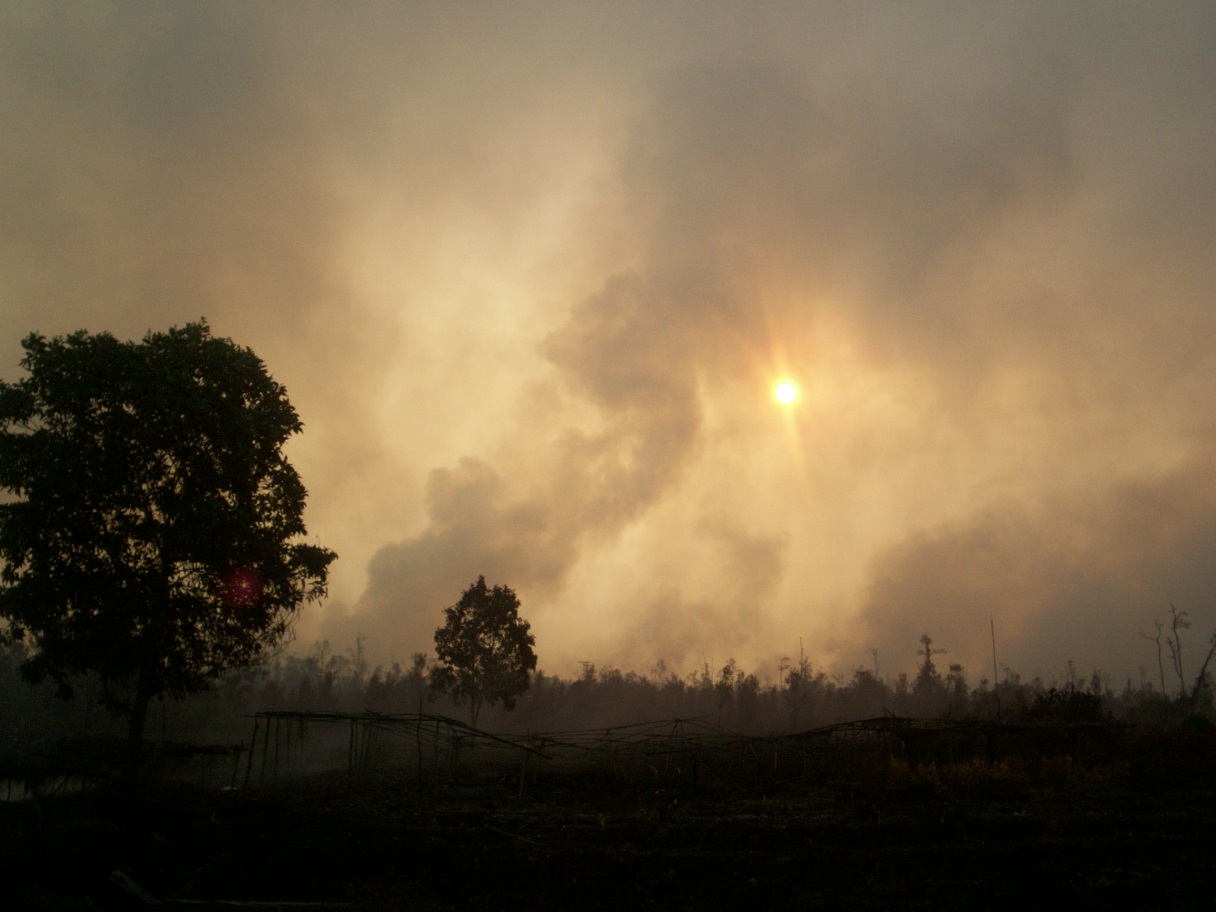Flooding: something Indonesia and the UK have in common right now
Last year the World Bank warned in a report that developing countries would bear the brunt of climate change. Jakarta, Indonesia’s capital, was given as an example of a city that would suffer more flooding as sea levels rise.
When speaking with a colleague in our forest base camp the other day he told me that the flooding in Jakarta is far more regular today than in previous year. He says it now occurs every three to five years.
This January’s floods in the capital certainly seem to support this. While drawing the link between an individual weather event and climate change is a detailed job, there is certainly evidence that these kinds of events will become more frequent.
And right now Jakarta has a lot in common with the UK, where two months of extreme weather and flooding have brought many parts of the UK to a standstill. Figures from the Met Office’s chief scientist, to Lord Nicholas Stern and even the Prime Minister have all suggested a link with climate change.
In both Indonesia and the UK, ‘climate change is here right now’, in the words of Stern.
There are some, such as Lord Nigel Lawson, who are trying to dismiss climate change, claiming that this is just a one-off event, no more than the weather. Remarkably he was given a slot on BBC Radio 4’s Today programme to talk about the flooding. Lawson, according to comedian Mark Steel, “seems to have confused the Intergovernmental Panel on Climate Change with the woman who does the weather on the telly”.
Whether or not these individual events have been exacerbated by climate change, it’s this kind of more regular extreme weather that people in the prosperous UK and in the relatively more vulnerable Indonesia will have to deal with as a matter of course in a climate changed world.
It’s for this reason, alongside many others, that we need to make sure that rainforests are protected. Peat-swamp forests in particular contain huge amounts of carbon in their soils. When logging, fires and conversion to palm oil degrade or destroy these forests, much of that carbon is released.
And as the climate changes, with more regular El Nino events leading to longer dry seasons, and forests are degraded, they become more vulnerable to fires, in a vicious feedback circle.
Policy blunders don’t help either. In Europe, the practice of putting palm oil in our cars’ tanks to supposedly reduce emissions can actually harm the atmosphere more than the petrol it replaces, because of the carbon that’s released from the peat in Indonesia and Malaysia.
Alongside the incredible wildlife we work with every day the carbon beneath our feet is as good a reason as any to protect places like the Sabangau rainforest.
Photo by OuTrop/CIMTROP

